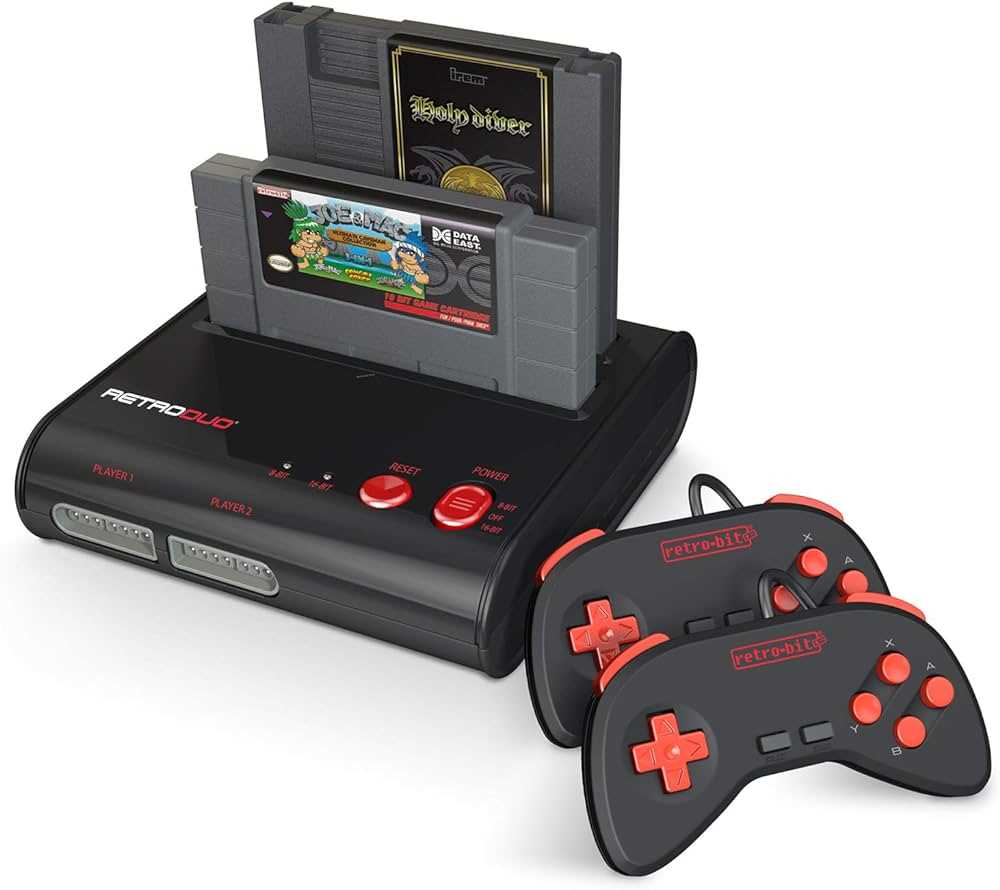
Welcome to your comprehensive resource for understanding and utilizing your classic gaming system. This guide is designed to provide clear and detailed instructions on every aspect of your device, from initial setup to advanced features. Whether you are a seasoned gamer or new to the world of vintage consoles, this guide will assist you in making the most out of your gaming experience.
In the following sections, you will find a thorough overview of how to operate your console effectively. We cover essential topics including the initial setup process, essential controls, and troubleshooting common issues. Our goal is to ensure that you have all the information needed to enjoy a seamless and enjoyable gaming experience.
Embarking on your journey with this gaming console is an exciting adventure. The initial setup is crucial for ensuring optimal performance and enjoyment. Follow these steps to familiarize yourself with the basic functions and get everything up and running smoothly.
The following table outlines the primary steps you need to take:
| Step | Description |
|---|---|
| 1 | Unpack the device and all included accessories from the packaging. |
| 2 | Connect the console to your TV using the provided cables. Ensure all connections are secure. |
| 3 | Plug the power adapter into the console and connect it to a power source. |
| 4 | Insert the game cartridges into the appropriate slots on the console. |
| 5 | Turn on the console using the power button. Verify that the display and sound settings are properly adjusted. |
| 6 | Refer to the user guide for detailed instructions on navigating the menu and configuring additional settings. |
Following these steps will help you set up your console quickly and efficiently, ensuring a smooth start to your gaming experience.
Initial Setup and Unboxing
When you first receive your new gaming console, the process of getting it ready for use begins with a few essential steps. This section will guide you through the initial setup and unboxing procedure to ensure you have everything you need to get started.
Start by carefully unpacking the box, making sure to remove all components and accessories. Lay out each item to verify that nothing is missing. Typically, you will find the main unit, power cables, and controllers among other items. It’s important to review the list of contents provided in the following table:
| Item | Description |
|---|---|
| Main Unit | The primary console for playing games. |
| Power Cable | Used to connect the console to a power source. |
| Controllers | Devices for interacting with the console and games. |
| HDMI Cable | Connects the console to your television or monitor. |
| User Guide | Includes detailed instructions for setup and operation. |
Once all items are accounted for, proceed to connect the cables. Attach the power cable to the main unit and plug it into an electrical outlet. Connect the HDMI cable from the console to your TV or monitor. Lastly, place the controllers within reach and ensure they are charged or have fresh batteries if needed.
Understanding Console Features
Modern gaming devices come with a range of functionalities designed to enhance user experience. These features typically involve a combination of hardware and software elements that contribute to the overall performance and usability of the system. Understanding these elements can help users get the most out of their gaming experience and troubleshoot any issues that may arise.
Core Components
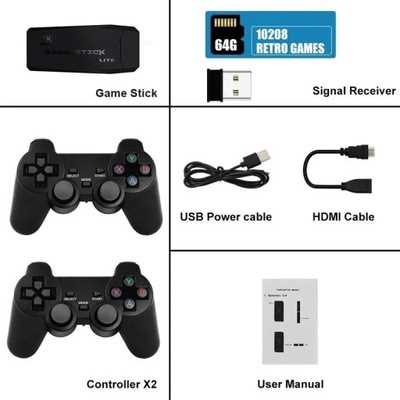
The core components of these systems include the central processing unit (CPU), graphics processing unit (GPU), and memory. Each of these elements plays a crucial role in ensuring smooth gameplay and high-quality graphics. The CPU handles the primary calculations and instructions, while the GPU is responsible for rendering visuals. Adequate memory ensures that the system can handle multiple tasks and large data efficiently.
Connectivity and Compatibility
Connectivity options and compatibility with various peripherals are essential aspects of these systems. This includes ports for controllers, audio outputs, and internet connectivity. Compatibility with different types of media and accessories can expand the functionality of the system, allowing users to connect external devices, access online content, and enjoy a variety of gaming experiences.
Overview of Key Components
This section provides a comprehensive look at the essential parts of the gaming system. Understanding these elements is crucial for effectively utilizing the device and ensuring optimal performance. Each component plays a specific role, contributing to the overall functionality and user experience.
- Control Unit: The main interface for player interaction. It includes buttons and joysticks designed for ease of use and responsiveness.
- Display Unit: The screen or monitor where game visuals are projected. Quality and size can greatly affect the gaming experience.
- Power Supply: Provides the necessary energy to operate the system. Ensures consistent performance and stability during use.
- Connectivity Ports: These allow the system to connect with other devices and peripherals. Common ports include HDMI and USB.
- Audio System: Includes speakers or headphone jacks for sound output. Clear audio enhances the immersion in gameplay.
Connecting Your Retro Duo
Setting up your classic gaming console involves connecting several components to ensure everything works seamlessly. This process is crucial for enjoying your gaming experience to the fullest. Proper connections between the console, TV, and other devices are essential for optimal performance.
Necessary Equipment
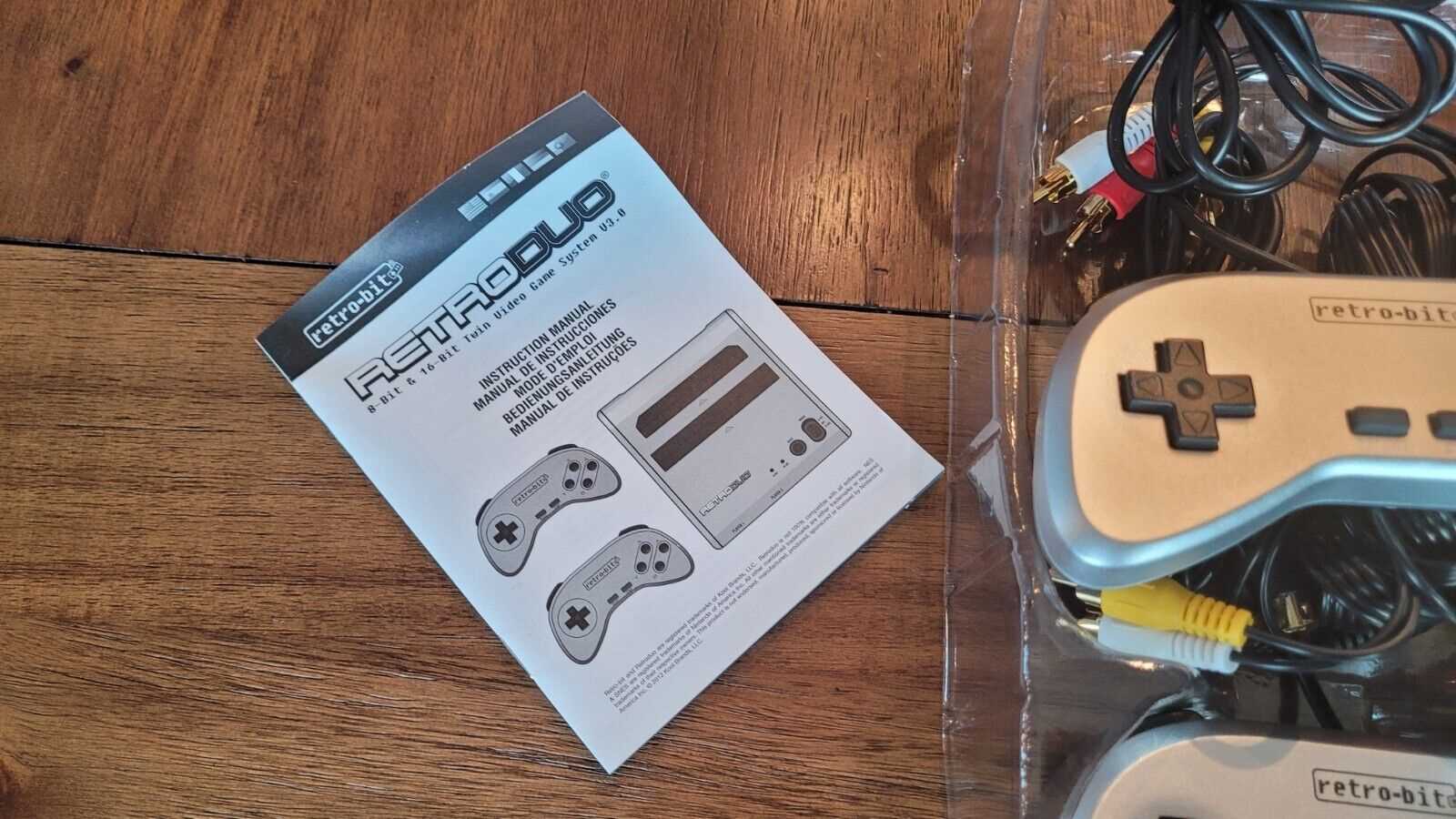
Before you begin, gather all necessary cables and accessories. This typically includes power cables, AV cables, and any additional connectors required for linking your console to your television or monitor. Ensure that each piece is compatible with your setup to avoid any issues.
Connection Steps

Follow these steps to establish the connections:
| Component | Connection Type | Connection Point |
|---|---|---|
| Power Adapter | AC Adapter | Console Power Port |
| Video Cable | Composite/Component | Console Video Out |
| Audio Cable | Composite | Console Audio Out |
| TV/Monitor | AV Input | TV/Monitor Input Ports |
Once all components are connected, power on your system and TV. Set the TV to the correct input source to see the console’s display. Adjust settings as necessary for optimal picture and sound quality.
Connecting to TV and Power
Setting up your gaming system with your television and power source is crucial for an optimal gaming experience. This process involves several steps to ensure a proper and stable connection.
Follow these guidelines to successfully connect your system:
- First, locate the power adapter that comes with your system. Plug it into the designated power port on the device.
- Next, connect the other end of the power adapter to a suitable electrical outlet. Ensure the outlet is functioning properly.
For the television connection:
- Identify the video output options on your system. These may include various connectors such as HDMI, AV, or others.
- Select the appropriate cable and connect one end to the system’s video output port.
- Connect the other end of the cable to the corresponding input on your television. Make sure the TV is set to the correct input source.
With these steps, your gaming setup should be ready for use, allowing you to enjoy your games with ease.
Playing Games on Retro Duo
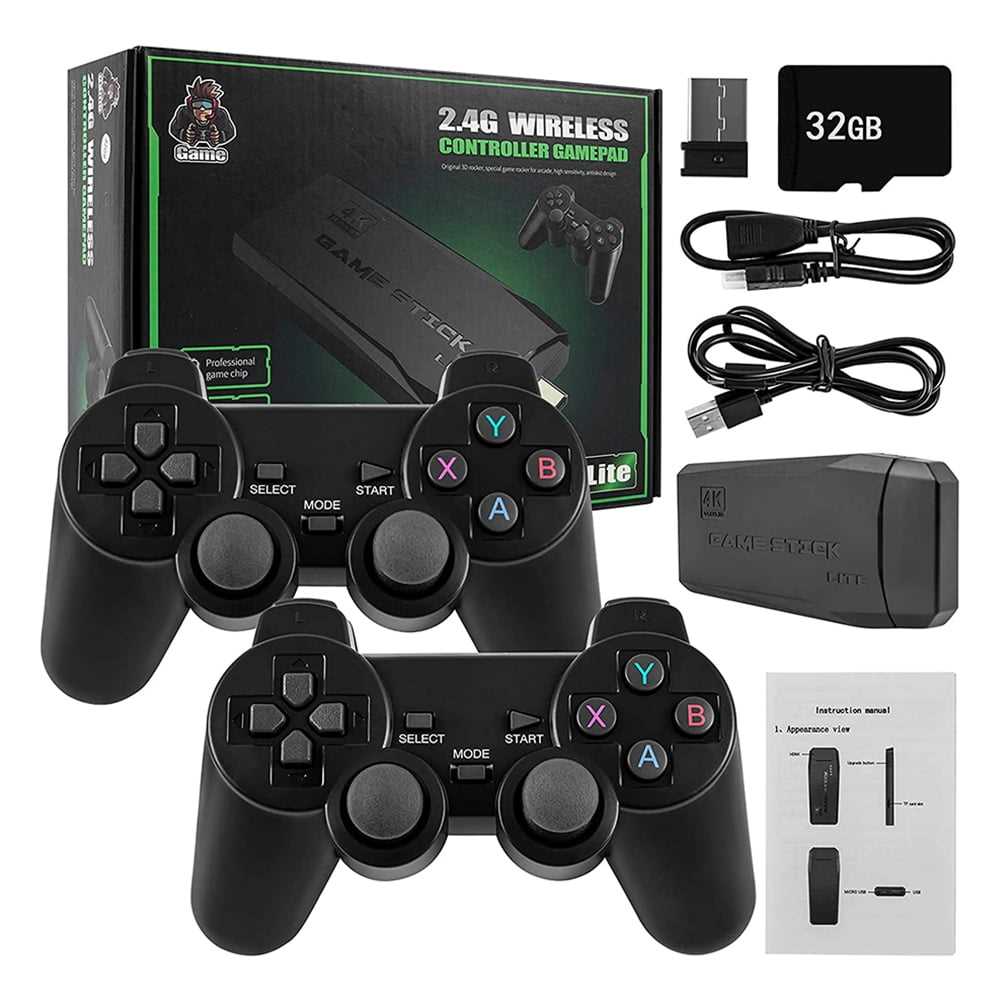
Engaging with classic games on your gaming system offers a nostalgic journey through the past, evoking memories of earlier digital adventures. This process is both straightforward and enjoyable, allowing you to relive iconic moments from beloved titles. Here’s a guide to help you get the most out of your gaming experience.
Setting Up Your Console
First, ensure your gaming device is correctly connected to your TV or monitor. Use the appropriate cables and check the power supply to make sure everything is working properly. Once the setup is complete, turn on the console and prepare it for game insertion.
Inserting and Playing Games
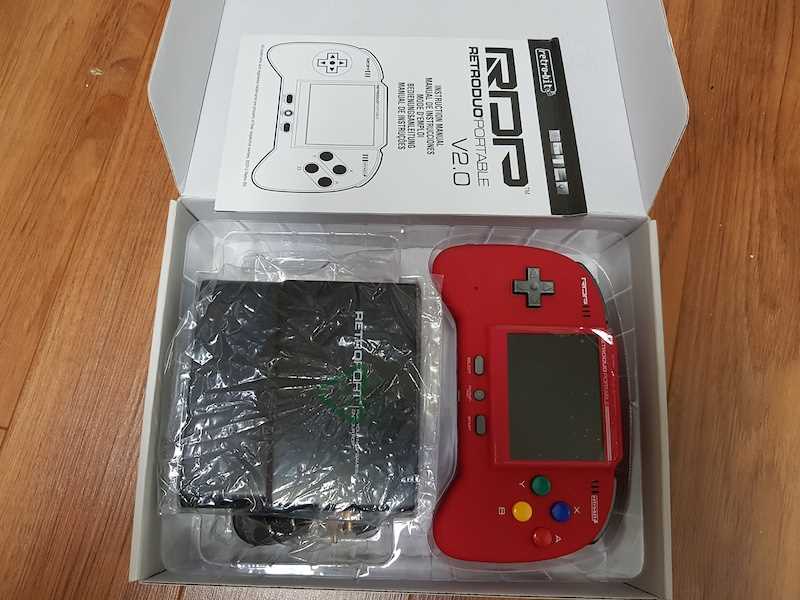
To start playing, insert your chosen game cartridge into the appropriate slot on the console. Make sure the cartridge is aligned properly to avoid any damage. After the game loads, follow the on-screen prompts to begin. Enjoy the game by using the provided controllers, which should be connected and ready for use.
How to Insert and Remove Cartridges
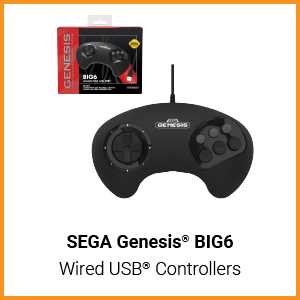
Managing the game cartridges for your gaming console is essential for a seamless gaming experience. Proper handling ensures that cartridges are inserted and removed correctly, preventing potential damage and ensuring optimal performance.
Inserting Cartridges
Follow these steps to properly insert a cartridge:
- Ensure the console is turned off before inserting the cartridge.
- Align the cartridge with the slot, matching the orientation indicated by the console’s design.
- Gently press the cartridge into the slot until it clicks into place. Do not force it.
- Turn on the console and verify that the cartridge is recognized by the system.
Removing Cartridges
To safely remove a cartridge, adhere to these instructions:
- Power off the console before removing the cartridge to avoid potential damage.
- Locate the cartridge release mechanism or gently press the cartridge to slightly eject it.
- Carefully pull the cartridge out of the slot. Avoid pulling too hard to prevent damage.
- Store the cartridge in a safe place to avoid physical damage or exposure to dust.